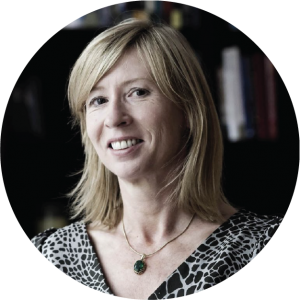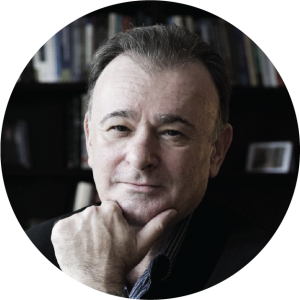Advances in Cleavage Research
June 3-4, 2024 | European University Institute
“Advances in Cleavage Analysis” brings together scholars seeking to explain the contemporary political divide in western societies. The study of cleavages has mushroomed in recent years, and this is a perfect time to critically evaluate contributions and scope conditions of this approach. Hence, we frame the meeting broadly around topics that have captured most scholarly attention. To what extent does the divide have a social structural basis? Do those on either side identify with their group? To what extent do people on either side have distinct social networks? How is the divide expressed in parties and party systems? Does the divide shape attitudes and voting?
Specifically, the workshop will engage the following topics:
- Socio-structural cleavage formation
- Cleavage identity
- Cleavages and social networks
- Transformation of the party-political landscape
- Cleavage effect on attitudes/voting
JMCE Key Staff

Liesbet Hooghe
Liesbet Hooghe is the W.R. Kenan Distinguished Professor of Political Science at UNC, and Robert Schuman Fellow at the European University Institute, Florence. She is the past Chair of the European Politics and Society Section of the American Political Science Association and of the EU Studies Association. Her interests lie in European integration, multilevel governance, decentralization, international organization, and political parties. Recent books include Measuring International Authority (Oxford University Press, 2017, multi-authored), Community, Scale and Regional Governance (OUP, 2016 with Gary Marks), Measuring Regional Authority (OUP, 2016, multi-authored), and The European Commission in the 21st Century (OUP, 2013, multi-authored). She is the co-editor of a series on Transformations in Governance with OUP.
Hooghe, L., & Marks, G. (2020). Is liberal intergovernmentalism regressive? A comment on Moravcsik (2018). Journal of European Public Policy, 27(4), 501-508.
Hooghe, L., & Marks, G. (2019). Grand theories of European integration in the twenty-first century. Journal of European Public Policy, 26(8), 1113-1133.
Hooghe, L., Lenz, T., & Marks, G. (2019). Contested world order: The delegitimation of international governance. The Review of International Organizations, 14(4), 731-743.
Hooghe, L., & Marks, G. (2018). Cleavage theory meets Europe’s crises: Lipset, Rokkan, and the transnational cleavage. Journal of European Public Policy, 25(1), 109-135.

Gary Marks
Gary Marks is Burton Craige Professor of Political Science at UNC and a visiting Robert Schuman Fellow at European University Institute in Florence. In 2010 he was awarded a Humboldt Forschungspreis (Humboldt Research Prize) for his contributions to political science. He co-founded the UNC Center for European Studies and EU Center of Excellence in 1994 and 1998, respectively, and served as Director until 2006. He has co-led the Chapel Hill Expert Survey of European political parties since 1999. Marks has published widely in the leading journals of political science and sociology. His (co-) authored books include Measuring international Authority: A Postfunctionalist Theory, Vol. III (OUP, 2017, multi-authored); Scale and Regional Governance (OUP, 2016 with Liesbet Hooghe); and Multi-Level Governance and European Integration (Rowman & Littlefield, 2001 with Liesbet Hooghe).
Hooghe, L., & Marks, G. (2020). Is liberal intergovernmentalism regressive? A comment on Moravcsik (2018). Journal of European Public Policy, 27(4), 501-508.
Hooghe, L., & Marks, G. (2019). Grand theories of European integration in the twenty-first century. Journal of European Public Policy, 26(8), 1113-1133.
Hooghe, L., Lenz, T., & Marks, G. (2019). Contested world order: The delegitimation of international governance. The Review of International Organizations, 14(4), 731-743.
Hooghe, L., & Marks, G. (2018). Cleavage theory meets Europe’s crises: Lipset, Rokkan, and the transnational cleavage. Journal of European Public Policy, 25(1), 109-135.


